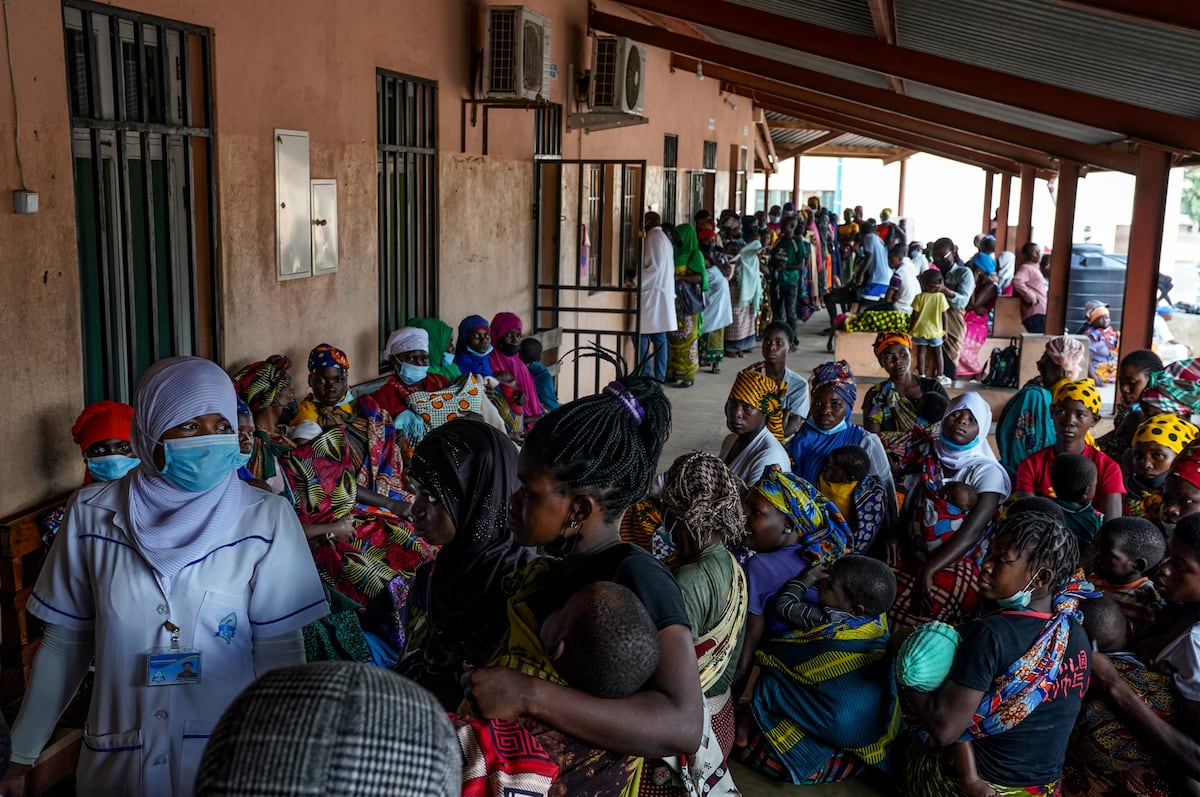
"The past two decades have illustrated a tragic irony where, despite the lessons learned from the HIPC Initiative, many African nations are sinking deeper into debt."
"Debt swaps could provide a framework for sustainable economic recovery, encouraging governments to utilize savings directly for public health and education.'"
"Through complex financial engineering, creditor agencies can facilitate a smoother transition for countries to manage their debts while pursuing critical national priorities."
"The debt crisis is met with calls for innovative solutions; Spain’s Debt2Health program exemplifies how bilateral debt can be nutritionally transformed into better health outcomes."
The article reflects on the ongoing debt crisis in Africa, likening it to a 'debt Groundhog Day.' Despite the lessons learned from the Heavily Indebted Poor Countries Initiative, many nations have continued to borrow, resulting in perilous economic conditions exacerbated by rising interest rates. The author discusses the potential of debt swaps, which could allow countries to redirect saved funds towards critical investments such as health and education. Examples from Spain and other nations illustrate that innovative financial mechanisms can provide pathways to recovery, although significant challenges remain in implementation and scope.
Read at english.elpais.com
Unable to calculate read time
Collection
[
|
...
]